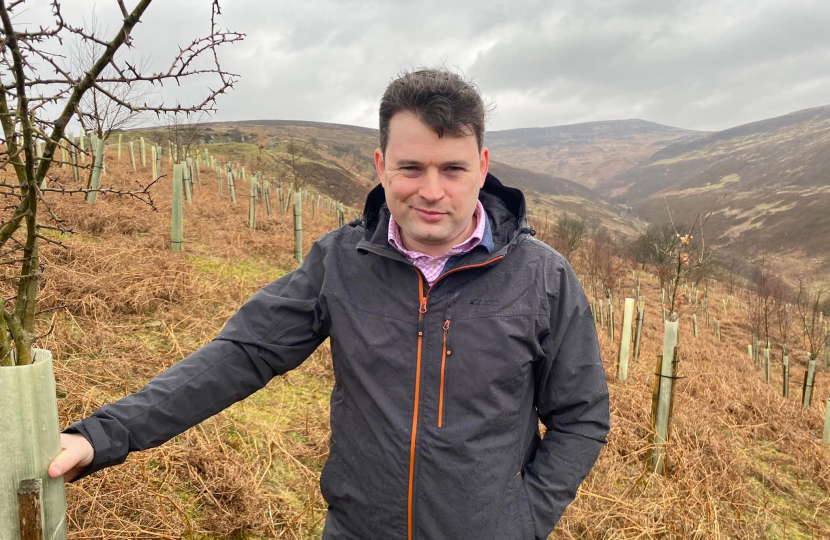
The Wye Valley Nature Recovery Project, launched last month, will create new habitats across 10,000 hectares of the Peak District National Park in order to provide a thriving habitat for bees, butterflies, and birds.
Working with local farmers, the Wye Valley Project will plant grazing fields with a mix of herb and wildflower seeds that are rich in nutrients for cattle and a source of pollen and nectar. This will create wildlife ‘stepping-stones’ across the National Park, encouraging species to move freely through the area.
The project is one of five Nature Recovery Projects being launched by Natural England across the country. Spanning nearly 100,000 hectares in total, these projects will create and restore wildlife-rich habitats in the Peak District, Cambridgeshire, the West Midlands, Norfolk, and Somerset.
All five projects will also make a significant contribution towards the international commitment to protect at least 30 per cent of land and sea by 2030 and will help to achieve the legally binding target in the Environment Act 2021 to halt the decline in species abundance by 2030.
Robert Largan, MP for High Peak, commented:
“I am delighted by the news that 10,000 hectares of the Peak District National Park are set to benefit from the Wye Valley Nature Recovery Project.
“The Project is a fantastic initiative to restore nature and provide a thriving habitat for wildlife across the Peak District, and represents a significant 10 per cent of the land benefitting from this scheme nationwide!
“Projects like this are so important, driving practical action to resolve what is one of the most urgent challenges of modern times.
“The Peak District is a special place. We must conserve it for future generations.”
Environment Minister, Rebecca Pow MP, commented:
“These five projects across England are superb examples of exciting, large-scale restoration that is critically needed to bring about a step change in the recovery of nature in this country.
“They will significantly contribute to achieving our target to halt the decline in species abundance by 2030 and our commitment to protect 30 per cent of our land by 2030, enabling us to leave the environment in a better state than we found it.”
Chair of Natural England, Tony Juniper, commented:
“Nature recovery can only occur if we take action at scale, and that can only work through partnerships. These five landmark projects will seek to recover species and habitats through collaboration among a wide range of landowners and organisations, delivering benefits for wildlife, local economies, adaptation to climate change and for public wellbeing.
“Looking after and recovering the health of the natural world upon which we all depend is at the heart of Natural England’s work, including through the development of the Nature Recovery Network that is such an important part of the Government’s environmental ambition.”




